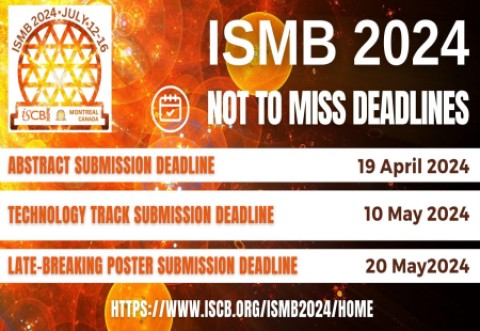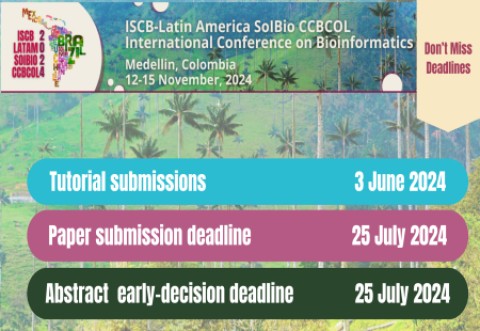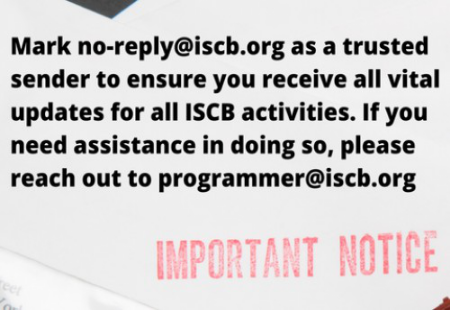
FASEB News - March 3, 2010
Contact: Cody Mooneyhan
This email address is being protected from spambots. You need JavaScript enabled to view it.
301-634-7104
Federation of American Societies for Experimental Biology
Researchers Fishing for Cancer Cure Discover Active DHA Derivatives
New research in the FASEB Journal suggests that many types of childhood and adult cancers may be successfully treated with docosahexaenoic acid and its derivatives
The next treatment for cancer might come from fish says a new research report published in the March 2010 print edition of the FASEB Journal (www.fasebj.org). In the report, scientists show that the omega-3 fatty acid, "docosahexaenoic acid" or "DHA," and its derivatives in the body kill neuroblastoma cancer cells. This discovery could lead to new treatments for a wide range of cancers, including neuroblastoma, medulloblastoma, colon, breast, and prostate cancers, among others.
"We hope that this study can provide a deeper understanding of the actions of omega-3 fatty acids and their products in cancer cells, and why they can be of such high importance in treatment of the disease," said Helena Gleissman, Ph.D., co-author of the study from the Childhood Cancer Research Unit of the Karolinska Institutet in Stockholm, Sweden. "Ultimately, we hope that we can be able to cure more children with neuroblastoma, and possibly other cancers."
Scientists administered DHA to neuroblastoma cells from the nervous system and analyzed the cells for byproducts as the DHA was metabolized into the cells. Researchers then examined the affect of both DHA and its derivatives on the growth of cancer cells. Results showed that DHA killed the cancer cells, but that the toxic derivatives produced by DHA were even more effective at killing the cancer cells. This suggests that DHA could become a new agent for treating neuroblastoma and possibly many other cancers.
"This is good news for those looking to stop cancer. We now know that DHA plays both offense and defense when it comes to protecting our health," said Gerald Weissmann, M.D., Editor-in-Chief of the FASEB Journal. "It's ability to help prevent numerous diseases is well documented, but now we see that DHA or one of its byproducts might serve as the starting point for a new class of anti-cancer drugs."
Receive monthly highlights from the FASEB Journal by e-mail. Sign up at www.faseb.org/fjupdate.aspx. The FASEB Journal (www.fasebj.org) is published by the Federation of the American Societies for Experimental Biology (FASEB). The journal has been recognized by the Special Libraries Association as one of the top 100 most influential biomedical journals of the past century and is the most cited biology journal worldwide according to the Institute for Scientific Information.
FASEB comprises 23 societies with more than 90,000 members, making it the largest coalition of biomedical research associations in the United States. FASEB enhances the ability of scientists and engineers to improve—through their research—the health, well-being and productivity of all people. FASEB's mission is to advance health and welfare by promoting progress and education in biological and biomedical sciences through service to our member societies and collaborative advocacy.
Details: Helena Gleissman, Rong Yang, Kimberly Martinod, Magnus Lindskog, Charles N. Serhan, John Inge Johnsen, and Per Kogner. Docosahexaenoic acid metabolome in neural tumors: identification of cytotoxic intermediates. FASEB J. 2010 24: 906-915. doi: 10.1096/fj.09-137919. www.fasebj.org/cgi/content/abstract/24/3/906






























